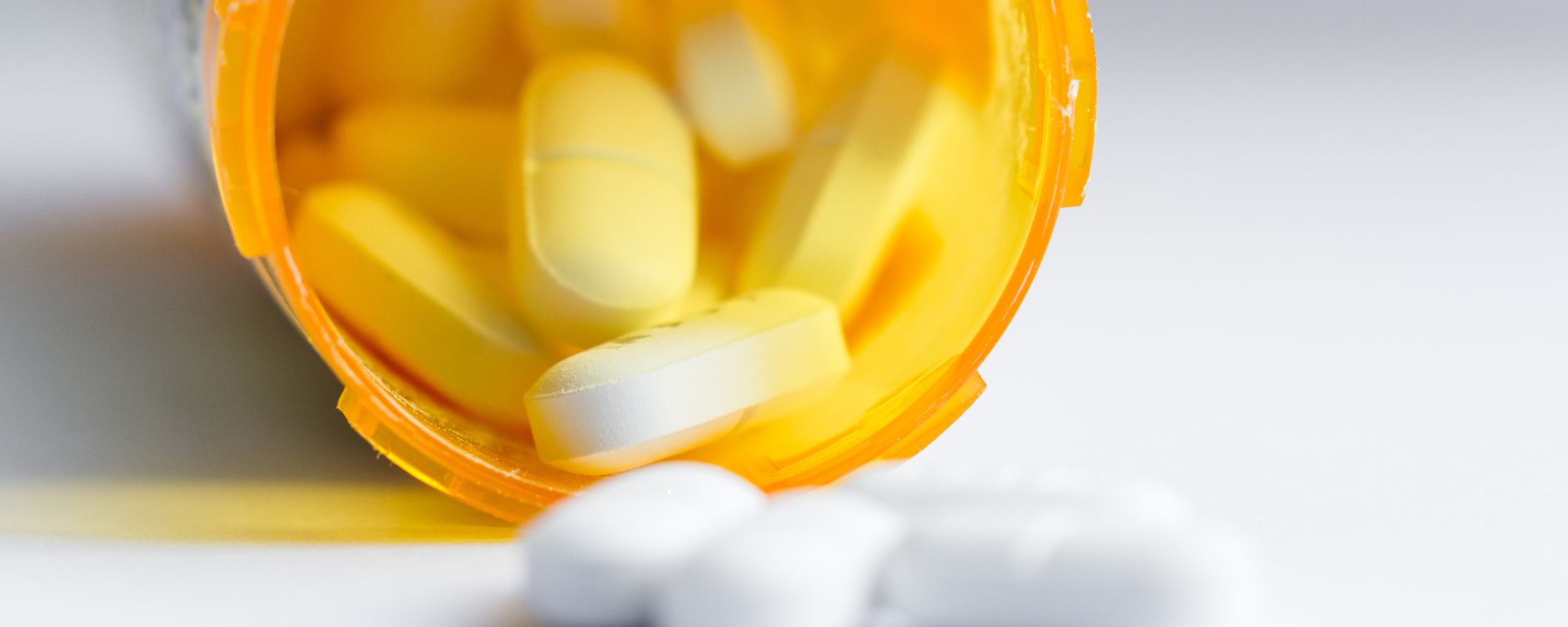
Aliya Health Group is a comprehensive network of addiction and mental health treatment centers, with locations spanning nationwide.
We are driven by our commitment to empower individuals, families, and the community by providing education, tools, and support, to help them lead healthy, fulfilling lives in recovery.
To Heal. To Teach.
To Empower. To Amaze.
To Empower. To Amaze.










